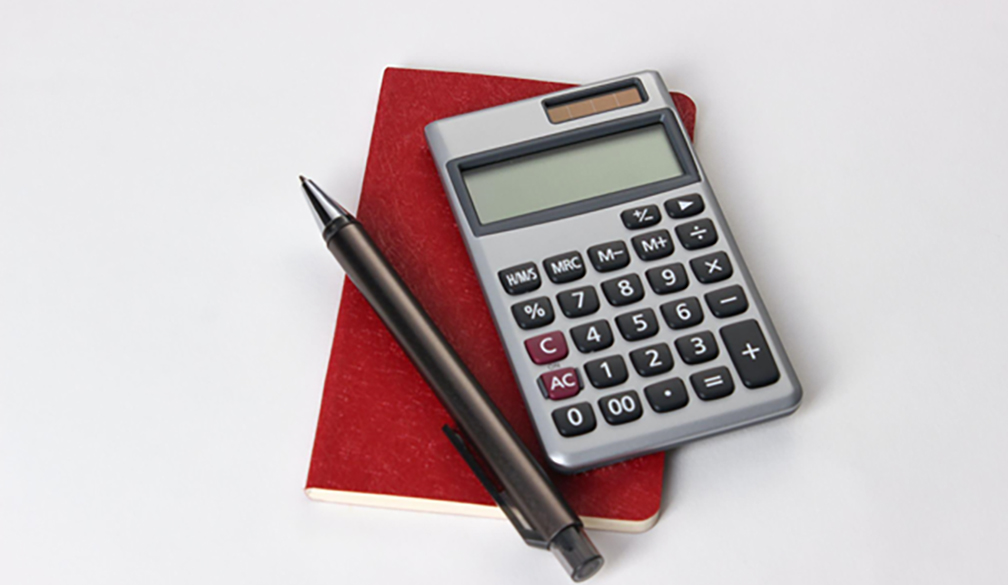How a CPA Can Help: Real Estate Property Tax and More
- Written by Business Daily Media

Real estate investors depend on accountants for many different tasks, from digitizing receipts and managing depreciation schedules, to producing insightful reports like revenue cycles, cash-basis income statements and lease abstracts.
A Certified Public Accountant that specializes in real estate property tax can save time dealing with the IRS while decreasing financial risk.
An experienced CPA will stay abreast of changing trends, helping you avoid overpaying on taxes or breaking any laws.
Tax Planning
Real estate CPAs can assist investors with the complex tax code. From REIT investments and categorization of expenses to uncovering any hidden savings opportunities that an investor might have missed. In addition, they provide guidance regarding any risks that are associated with particular properties or investments.
When selecting a real estate CPA, it's essential to consider their professional certifications and accreditations, areas they specialize in, client referrals and online reviews as well as availability to answer questions from potential clients. For example, adviseretax.com offers this information and more. A great real estate CPA should always be readily available.
Employing a real estate CPA on your team is an invaluable asset for any property investor. In addition to handling taxes and accounting matters, these CPAs provide invaluable connections between professionals that can assist with growing their business - insurance agents or notaries could all play an integral part in expanding opportunities.
Budgeting
CPAs can assist in crafting strategies to save you money, including tax planning for major purchases or setting up retirement savings plans that reduce taxes over time. CPAs are experts at knowing state and federal law as it applies to your unique circumstances; they may even uncover additional tax deductions you hadn't considered.
CPAs can provide invaluable advice when planning major financial events such as opening a new office or purchasing commercial real estate.
They can assist with setting an operating budget and forecast growth projections so you can make smarter financial decisions for your business. CPAs also can advise how best to utilize retirement accounts such as your 401(k).
For real estate investors, an accountant can assist in finding ways to lower their tax burden. They can advise on structuring businesses to take advantage of depreciation and deductions. You can click the link: https://www.law.cornell.edu/wex/depreciation to learn more about depreciation. Their job is to help you navigate IRS rules more easily.
An effective real estate CPA can save you considerable anxiety in the long run. If you're running a bustling business, make time to meet regularly with your CPA; you should plan for quarterly meetings for smaller operations or monthly ones if your revenue tops several hundred thousands of dollars.
Financial Analysis
As a real estate investor, you must be capable of making sound financial decisions. A CPA can assist with this by crunching numbers and giving a clearer picture of your finances - they may also assist in devising plans to help reach your financial goals.
CPAs often specialize in specific fields of accounting. Some specialize in management accounting - analyzing financial information of organizations they serve - while others focus on government accounting by maintaining and inspecting public agency records.
Finally, others specialize in tax preparation by identifying credits and deductions which reduce taxes owed and increase refunds. You can visit this site for commonly missed tax deductions.
What Is Real Estate Property Tax?
Property taxes are assessed annually on immovable land such as houses or land plots and collected by local government entities to cover costs related to services and infrastructure in their community.
Property tax can often be one of the biggest expenses for new homebuyers; accurately calculating it can be challenging so it's essential that before searching for your next place you become familiar with how this calculation process works and your rate.
Estimating property taxes starts by estimating its market value. There are various approaches for doing this depending on the type of property you own; one such method from the Department of Finance takes into account both your home's current market conditions and land that supports it.
Liability for real estate property tax typically rests with either the owner, administrator, or tenant of a property; in certain instances this could also include entities like corporations and real estate companies. Liability starts on 1 January each tax year and ends 31 December of that same tax year. A CPA can help you navigate this process to ensure proper compliance.




